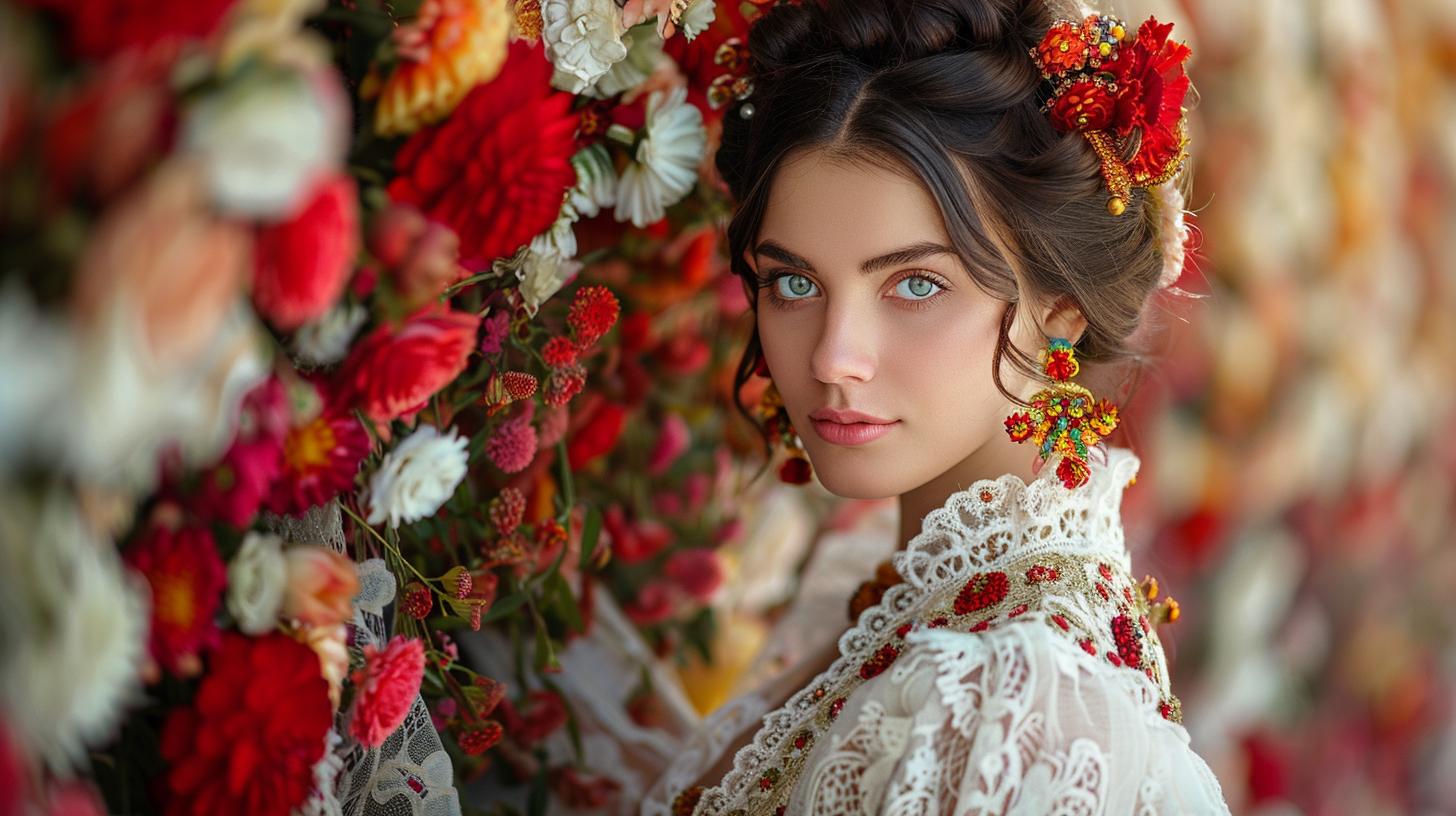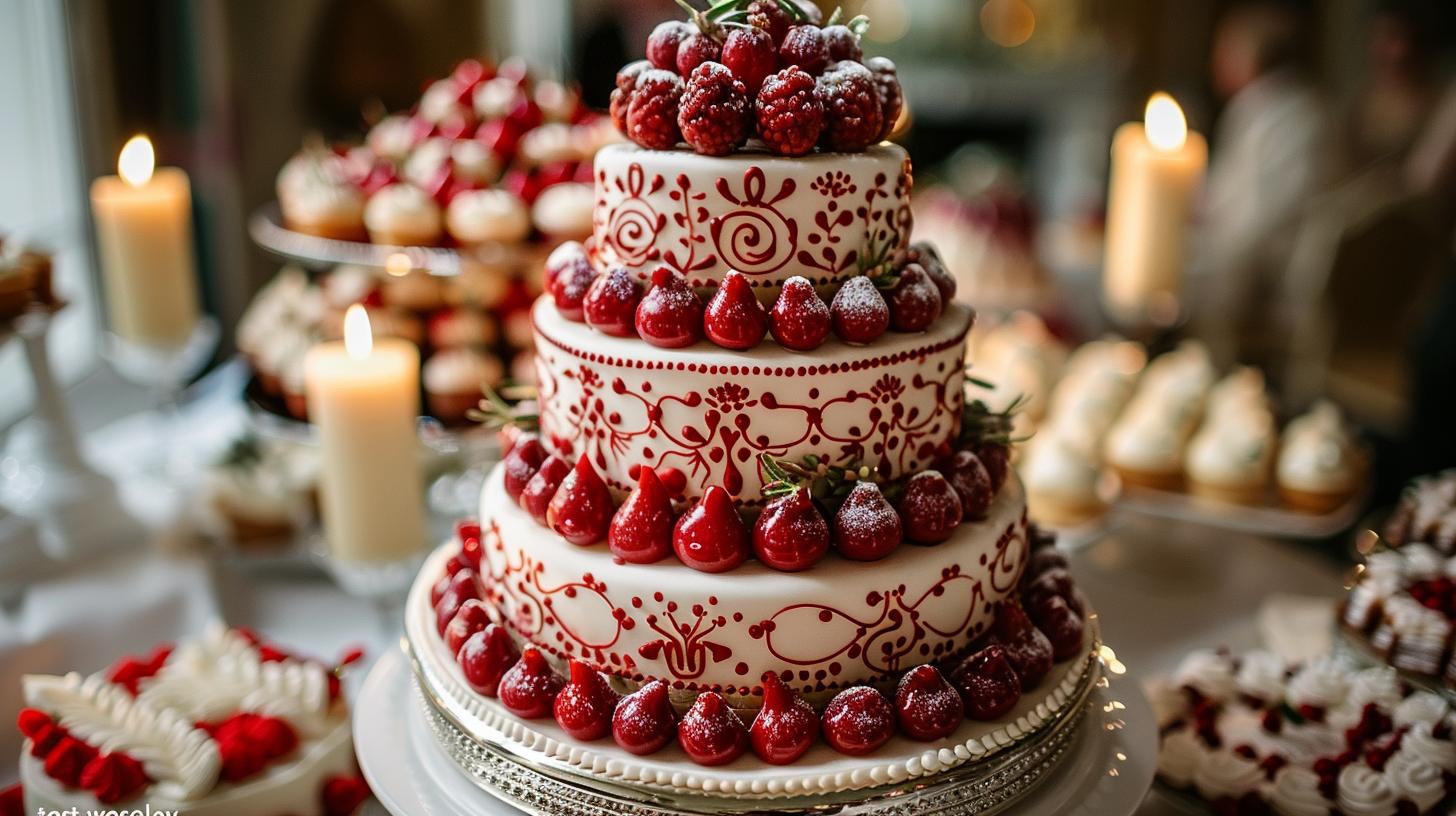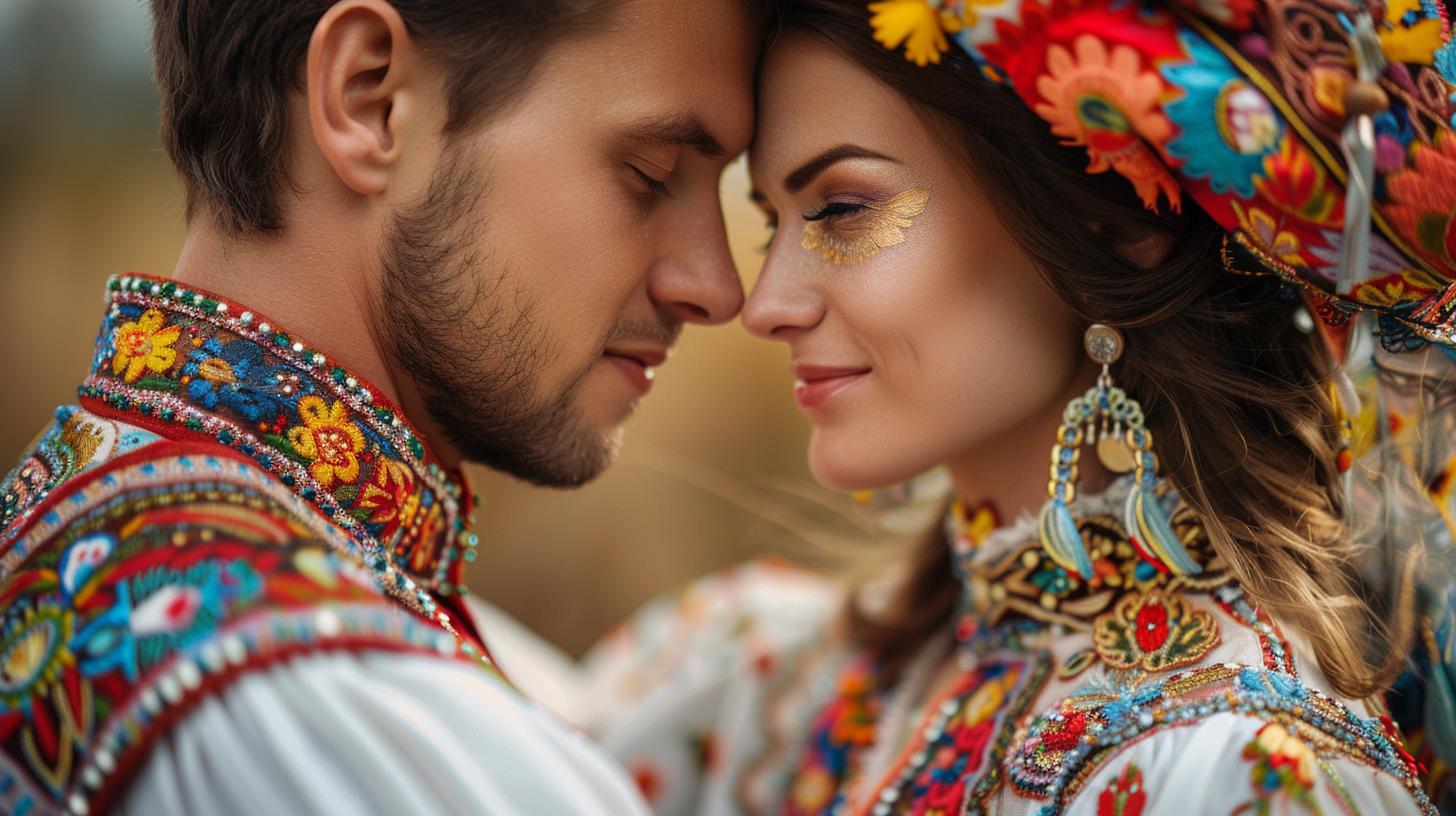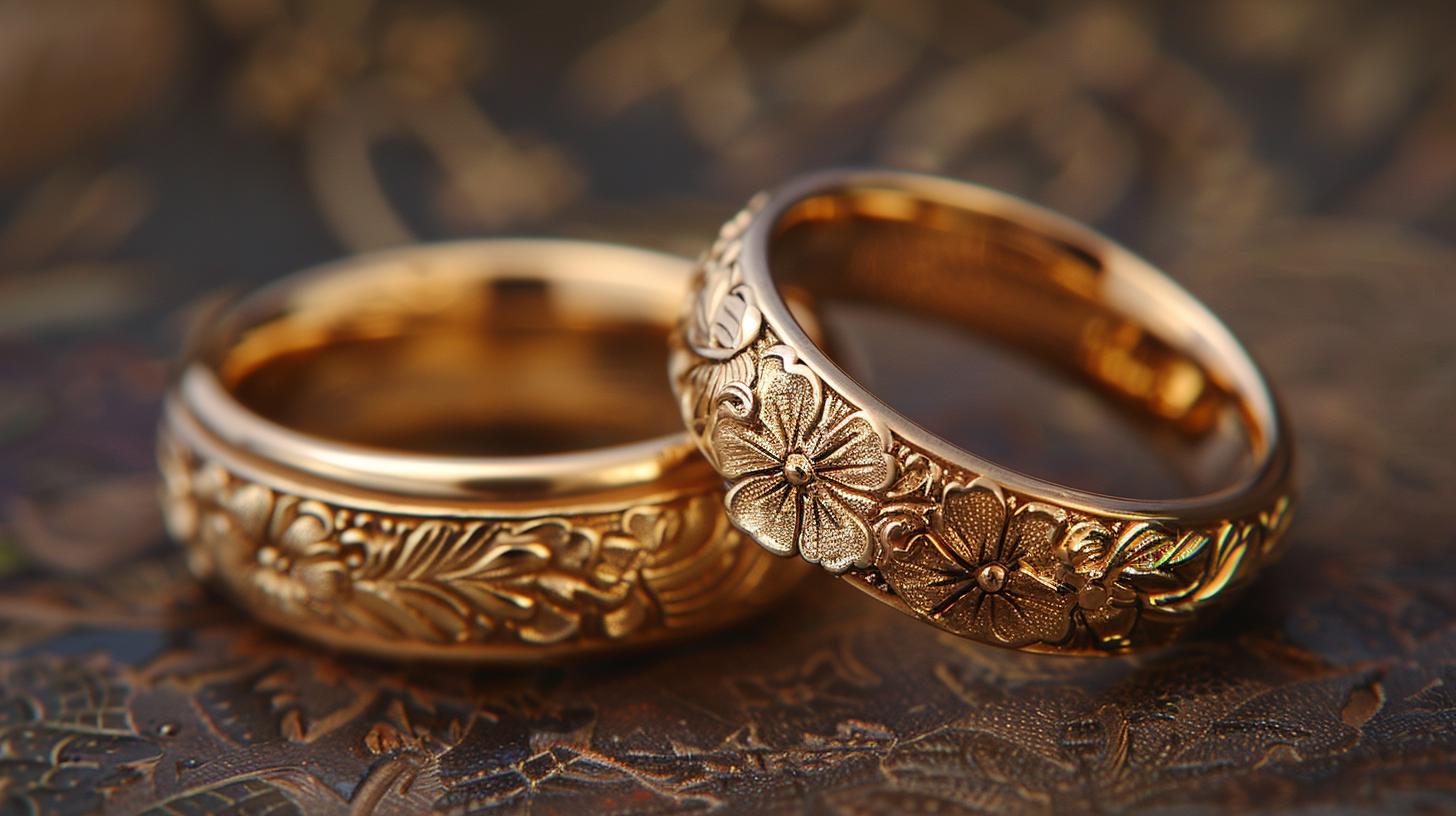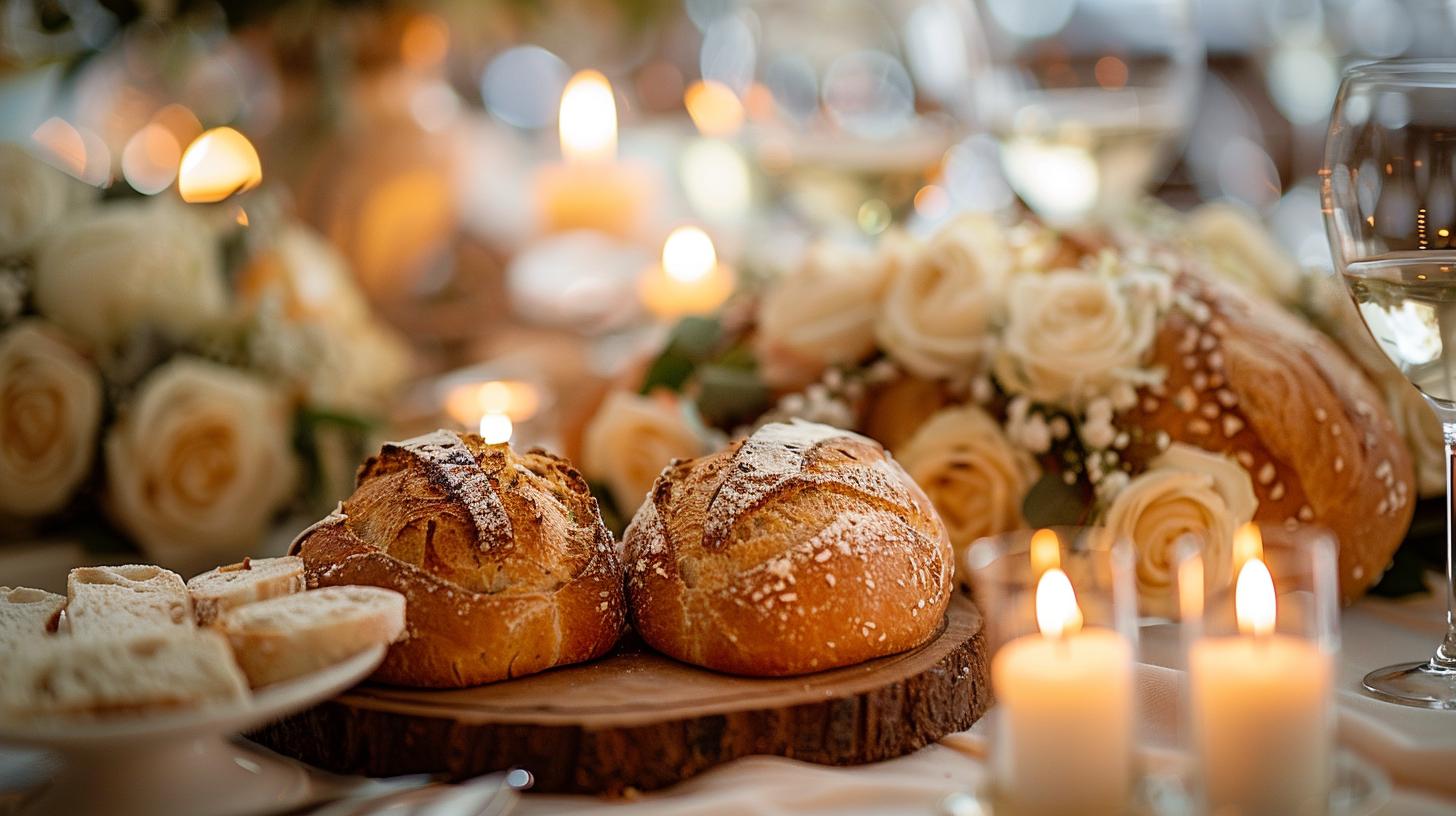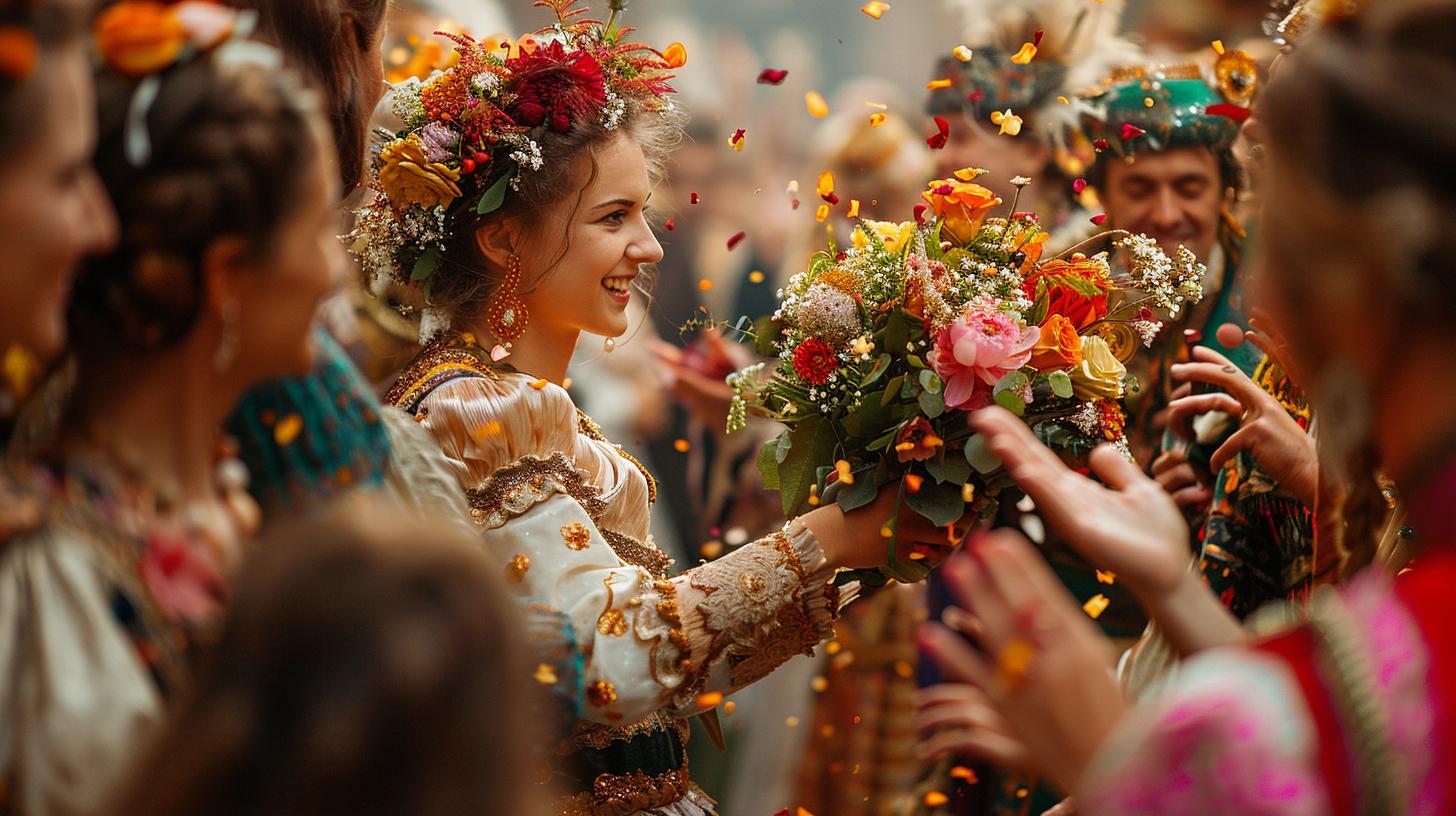Polish Wedding Traditions Who Pays: Everything You Need to Know
In Polish wedding traditions, the question of who pays for the wedding is crucial. Typically, the bride’s parents cover most costs like venue and catering. However, nowadays it’s common for both families to share expenses.
The ceremony includes blessings, symbolizing prosperity and protection. Traditional Polish food is served throughout the reception, with alcohol servers ensuring guests are well supplied.
Overview of Polish Wedding Traditions
Polish wedding traditions are rich in symbolism and significance, reflecting the country’s deep cultural heritage. From the blessings of the parents to the traditional rituals observed throughout the celebration, Polish weddings are a true reflection of the country’s values and beliefs.
- The ceremony typically begins with the blessing of the parents at the bride’s house, where the couple receives well-wishes for their future together.
- After the church ceremony, the newlyweds are showered with coins or rice to symbolize prosperity and abundance in their marriage.
- One significant tradition is the blessing of bread and salt, representing prosperity and protection against evil.
This ritual is followed by toasting with vodka and breaking glasses for good luck.
Gift-giving is an essential part of Polish weddings, with monetary gifts being a common choice. Guests are expected to give an amount that at least covers the cost per person of attending the wedding.
Specific gift preferences are often included in the wedding invitations.
- During the reception, traditional Polish food is served every two hours, showcasing the country’s culinary heritage to all attendees.
- Alcohol servers play a vital role in ensuring that guests have access to drinks throughout the celebration, adding to the festivity of the occasion.
Food and Drink at the Reception
During the Polish wedding reception, guests can expect to be treated to a delicious array of traditional Polish dishes.
The meal is served continuously throughout the celebration, with a focus on hearty, comforting foods that reflect the rich culinary heritage of Poland.
- Pierogi: These dumplings filled with various ingredients such as potatoes, cheese, meat, or fruit are a staple of Polish cuisine and are often included in wedding menus.
- Bigos: Also known as “hunter’s stew,” this dish combines sauerkraut, fresh cabbage, and an assortment of meats for a hearty and flavorful dish.
- Kotlet schabowy: A breaded pork cutlet similar to Wiener Schnitzel, this dish is a popular main course at Polish weddings.
Guests can also expect to enjoy a variety of beverages at the reception.
In addition to the traditional toast with vodka, guests may be offered a selection of Polish beers and wines to complement the meal.
Continuous Serving of Traditional Polish Food
During a Polish wedding celebration, guests can expect to be treated to a continuous serving of traditional Polish food, ensuring that no one goes hungry throughout the festivities. Various dishes such as pierogi, kielbasa, and bigos are typically served, showcasing the rich culinary heritage of Poland.
Guests can indulge in delicious appetizers like placki ziemniaczane (potato pancakes) and oscypek (smoked cheese), followed by hearty main courses such as golabki (stuffed cabbage rolls) and barszcz (beet soup). Desserts like makowiec (poppy seed cake) and sernik (cheesecake) add a sweet touch to the meal.
- Appetizers typically include:
- Potato pancakes
- Smoked cheese
- Main courses may feature:
- Stuffed cabbage rolls
- Beet soup
- Delicious desserts may include:
- Poppy seed cake
- Cheesecake
Role of Alcohol Servers at the Celebration
During a traditional Polish wedding celebration, the role of alcohol servers is crucial in ensuring that the guests are well taken care of.
These specially designated individuals are responsible for making sure that glasses are filled and that everyone is having a good time.
- They circulate among the guests, offering shots of vodka and other spirits to keep the party going strong.
- Alcohol servers are well-versed in the art of hospitality, making sure that no one’s glass stays empty for too long.
- They play a key role in maintaining the festive atmosphere of the celebration, encouraging guests to toast to the health and happiness of the newlyweds.
Overall, the alcohol servers at a Polish wedding add to the joy and merriment of the occasion, ensuring that everyone has a fantastic time celebrating the love and union of the newly married couple.


